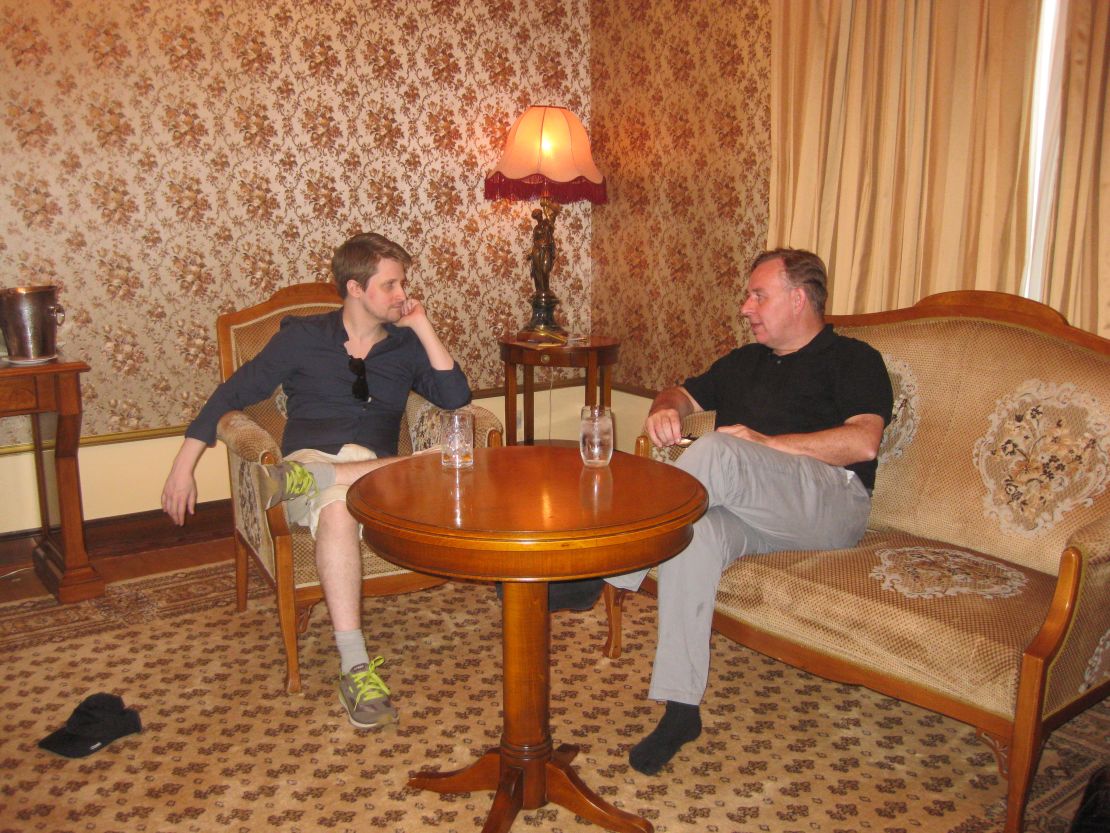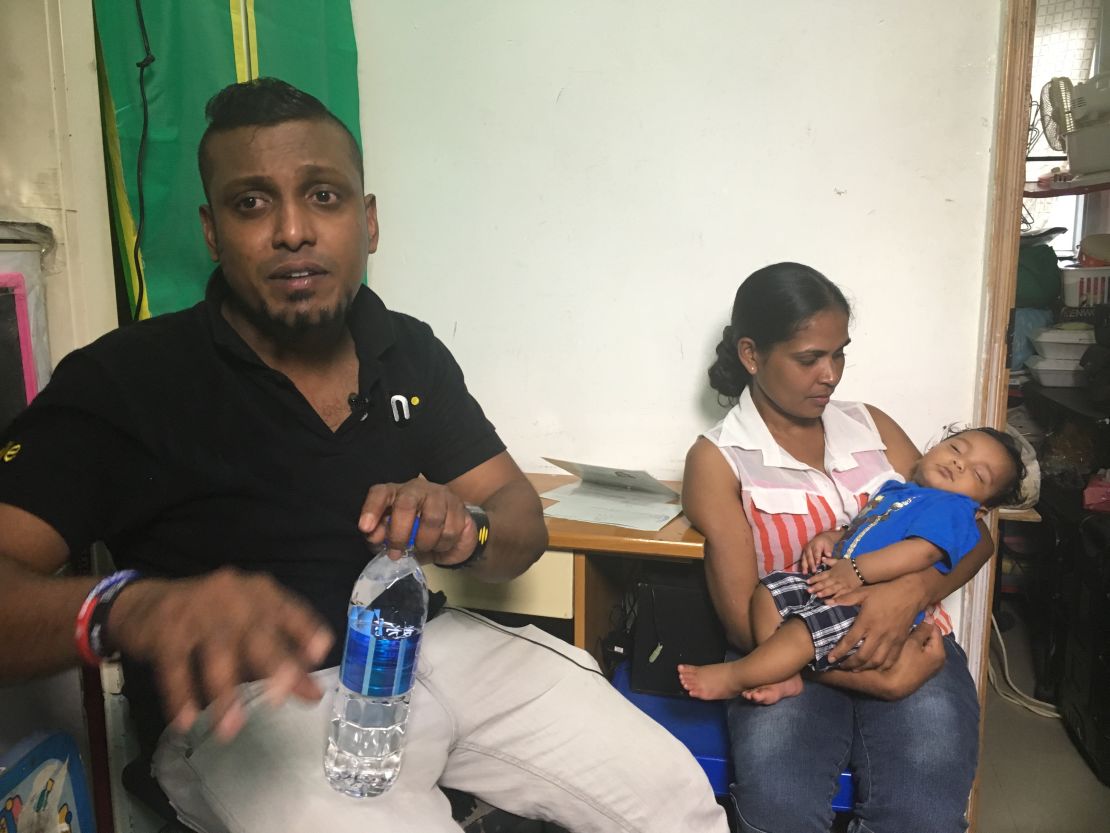Story highlights
Lawyer: Hong Kong rejects asylum for families that hid Edward Snowden
Snowden appeals to help families in exclusive video message
Three families that sheltered US whistleblower Edward Snowden when he was hiding in Hong Kong in 2013 are facing possible detention and deportation from the city after their claims for asylum were officially rejected, their lawyer said Monday.
Four years ago, they took Snowden into their cramped Hong Kong apartments when he was trying to evade authorities after carrying out one of the biggest intelligence thefts in US history, releasing thousands of classified documents, including information on U.S. surveillance programs around the world.
“Me and my daughter will be separated, and I don’t know when we (will) see each other again,” says Filipina Vanessa Rodel, a mother of a five-year-old girl. “It’s very hard for me. I am very worried.”
The Hong Kong government said in a statement to CNN that it believes that “there are no substantial grounds for believing that the claimants, if returned to their country of origin, will be subject to real and substantial risk of danger.”
It also denied that the government has singled the families out for expedited screening, saying the accusation is “unfounded.”
In an exclusive video message sent to CNN, Snowden made an appeal for people to help these families, who have also applied for asylum in Canada, by calling the Canadian Immigration Minister, the Canadian consulate in Hong Kong, or the Hong Kong government itself to petition on their behalf.
“They could be arrested any time, the children could be separated from their parents,” Snowden said in the video. “And the families could be returned to the very places where they faced torture or worse.”
“This is about protecting peoples’ lives,” Snowden added. “Don’t be afraid to call, because if we wait or we’re not sure, we’ll all wonder why we didn’t do more.”
The families have said they are too scared to return homes in the Philippines and Sri Lanka for fear of persecution.
Refugees who sheltered Snowden now live in fear

Lawyer: ‘Unreasonable decision’
The lawyer for the families, Robert Tibbo – who also represents Edward Snowden – says the decision to reject their applications was “unreasonable” and said Hong Kong authorities deliberately expedited their cases.
“The Hong Kong government has intentionally targeted these three families for screening, immediate screening, and this has created a real hardship for these families,” Tibbo said.
“The process that they were afforded clearly was unfair,” he added.
In 2014, only 0.5% of asylum claimants were successful in being granted protection status. This means they will not be sent back to their home country, but they will still not be granted any formal legal status in Hong Kong.
The decision comes eight months after the release of the Oliver Stone movie “Snowden,” which highlighted how the families had helped the world’s most famous fugitive.
“Deportation mean(s) they (won’t) let us go alone, they hand (us) over to an immigration department in Sri Lanka,” says Sri Lankan father-of-two Supun Kellapatha, who gave up his bed for Snowden. “We don’t know after that…maybe we disappear.”
Snowden was brought to stay with the families in 2013 when he was on the run from the US government, because Tibbo says he thought it would be the last place the authorities would look for him.
When the families took Snowden into their apartments, they didn’t know who he was, only finding out when they saw his face on news stands.

What next?
The families could now be split up and detained by the immigration authorities in Hong Kong, or face deportation to their home countries where they say they were persecuted.
The families’ legal team say they will appeal the decision. They have two weeks to file.
The families are also waiting to hear about their application for asylum in Canada.
Marc-André Séguin, president of not-for-profit organization For The Refugees, told CNN that he has received confirmation that the families’ asylum applications have been transferred to the Canadian consulate in Hong Kong. His organization has launched a fundraising campaign to support the families called “Snowden’s guardian angels.”
“Our clients are very vulnerable and are in urgent need of protection,” Séguin says. “This should trigger an expedited process, which can be completed in as little as a matter of days. We want these people out of Hong Kong, hopefully by the end of the week.”
CNN has contacted the Canadian government for comment on the case, but has not received a response.
Even after everything that has happened since they took in the fugitive Snowden, the refugees still have no regrets about helping him.
“If he asks again, he wants my help, I would say yes again,” Rodel says.
Sugam Pokharel, Ivan Watson and Pamela Boykoff contributed to this story


